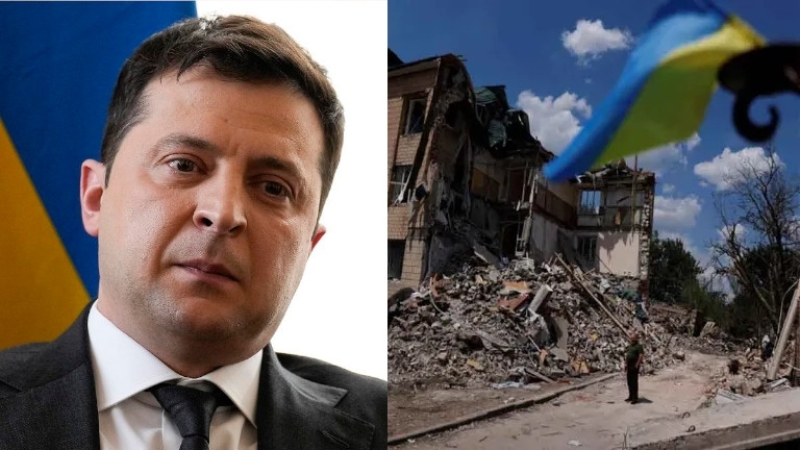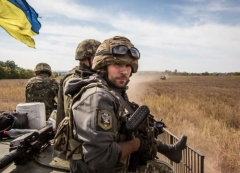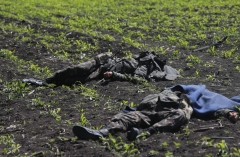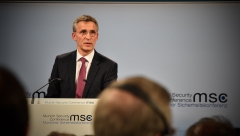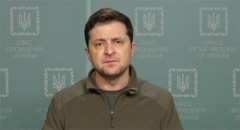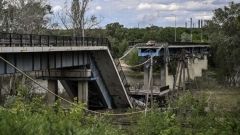West is losing interest in Ukraine support due to
West loses interest in Ukraine support due to 'war fatigue', As Russia's invasion of Ukraine grinds to a halt in its fourth month, officials in Kyiv.
As Russia’s invasion of Ukraine grinds to a halt in its fourth month, officials in Kyiv fear that the specter of “war fatigue” could destroy the West’s resolve to help the country push back Moscow’s aggression. .
The US and its allies have given Ukraine billions of dollars in weapons. Europe has taken hold of millions of people displaced by the war. And in post-World War II Europe there has been unprecedented unity in imposing sanctions on President Vladimir Putin and his country.
But as the shock of the February 24 offensive eases, analysts say the Kremlin could take advantage of the dragged, embroiled conflict and potentially dwindling interests between Western powers, leading to an agreement on Ukraine.
Ukraine’s President Volodymyr Zelensky has already denied Western suggestions that he should accept some sort of settlement. He said that Ukraine would decide its own terms for peace.
“The fatigue is increasing, people want some kind of outcome [that is beneficial] for themselves, and we want [another] outcome for ourselves,” he said.
An Italian peace proposal was rejected, and French President Emmanuel Macron was met with an angry reaction, as he was quoted as saying that although Putin’s invasion was a “historic error”, the world powers should “not humiliate Russia, so when the fighting stops we can build a way out together through diplomatic routes”.
Ukraine’s Foreign Minister Dmitro Kuleba said such talks could “only humiliate France and every other country that would call for it”.
Wear down the West
Even a remark by former US Secretary of State Henry Kissinger that Ukraine should consider territorial concessions led to a retort from Zelensky that Nazi Germany in 1938 was part of Czechoslovakia to stop Adolf Hitler’s aggression. But letting it claim was tantamount to European powers.
Kyiv wants to drive Russia out of newly occupied territories in eastern and southern Ukraine, as well as take back Crimea, which was annexed by Moscow in 2014, and the Donbass region under the control of Kremlin-backed separatists for the past eight years. Wants to take back parts of
Volodymyr Fesenko, political analyst at the Penta Center think tank, said the war is costing Ukraine $5bn each month, and that “Kyiv depends on the consolidated position of the West”.
Ukraine will need even more advanced weapons to win, as well as a Western determination to sustain economic pain on Russia to undermine Moscow.
“It is clear that Russia is determined to demean the West and is now basing its strategy on the assumption that Western countries will tire and gradually begin to adapt their militant rhetoric to a more favorable position,” Fesenko said.
The war still receives major coverage in both the United States and Europe, which are horrified by images of Ukrainian civilians being killed in the largest fighting on the continent since World War II.
The US continues to help Ukraine, with President Joe Biden saying last week that Washington would provide it with advanced rocket systems and munitions that would enable it to more accurately strike critical targets on the battlefield.
In a May 31 New York Times essay, Biden said: “I will not pressure the Ukrainian government – privately or publicly – to make any territorial concessions.”
Germany, which has faced criticism from Kyiv and elsewhere for alleged hesitation, has promised its most modern air defense systems yet.
“Nothing has happened even in the Cold War, when the Soviet Union was the greatest threat,” said Nigel Gould-Davis, senior fellow for Russia and Eurasia at the International Institute for Strategic Studies.
While he does not see a significant erosion in “strong support for Ukraine,” Gold-Davis said, “there are signs of various tensions over what the West’s goals should be. They have not yet been clearly defined.”
Falling unity in Europe
Europe’s domestic concerns have made their way into the discussion, especially as energy prices and raw material shortages have begun to take an economic toll on people facing high electricity bills, fuel costs and grocery prices.
While European leaders hailed the decision to block 90 percent of Russian oil exports as “an absolute success” by the end of the year, it took four weeks of negotiations and included a concession allowing Hungary, which was approved by the Kremlin. was widely seen as the closest EU ally. Continue importing. Weeks more are needed for political reform.
“It shows that unity in Europe is waning a bit over the Russian offensive,” said Matteo Villa, an analyst at the ISPI think-tank in Milan.
“This kind of fatigue is setting in for member states to find new ways to sanction Russia, and clearly there are some countries within the EU that are less and less willing to go along with sanctions.”

Comments to this:


